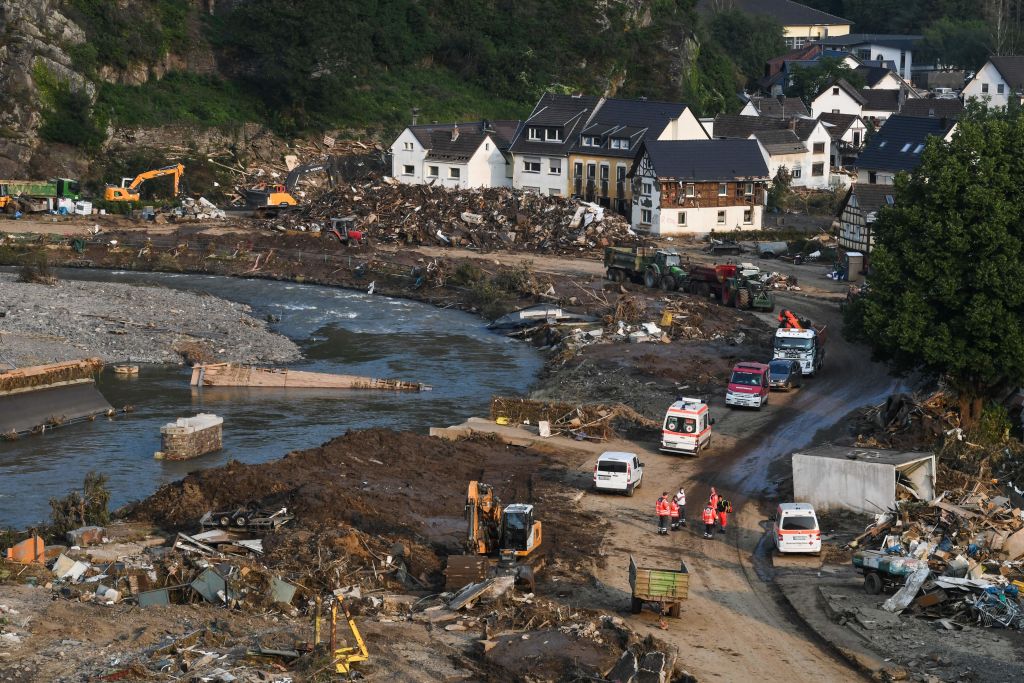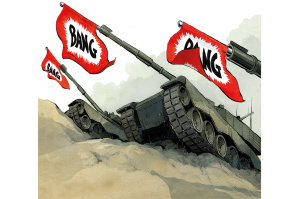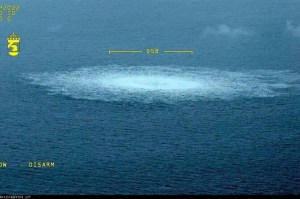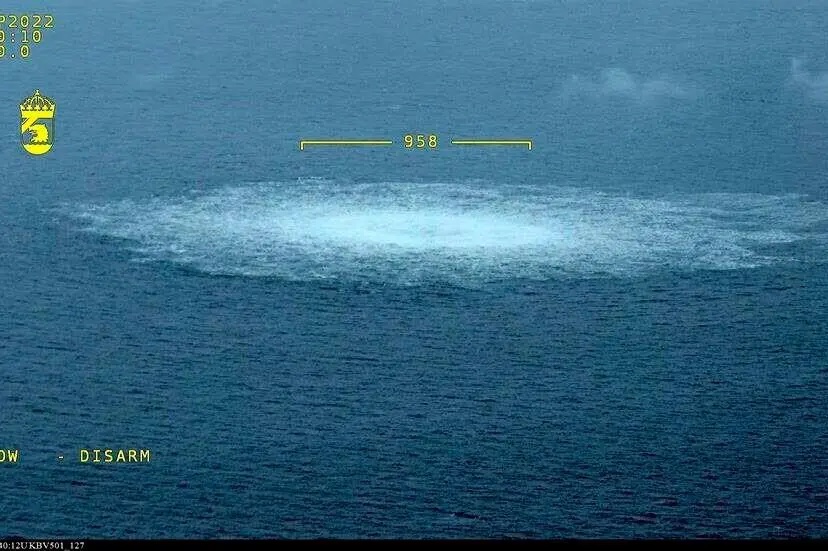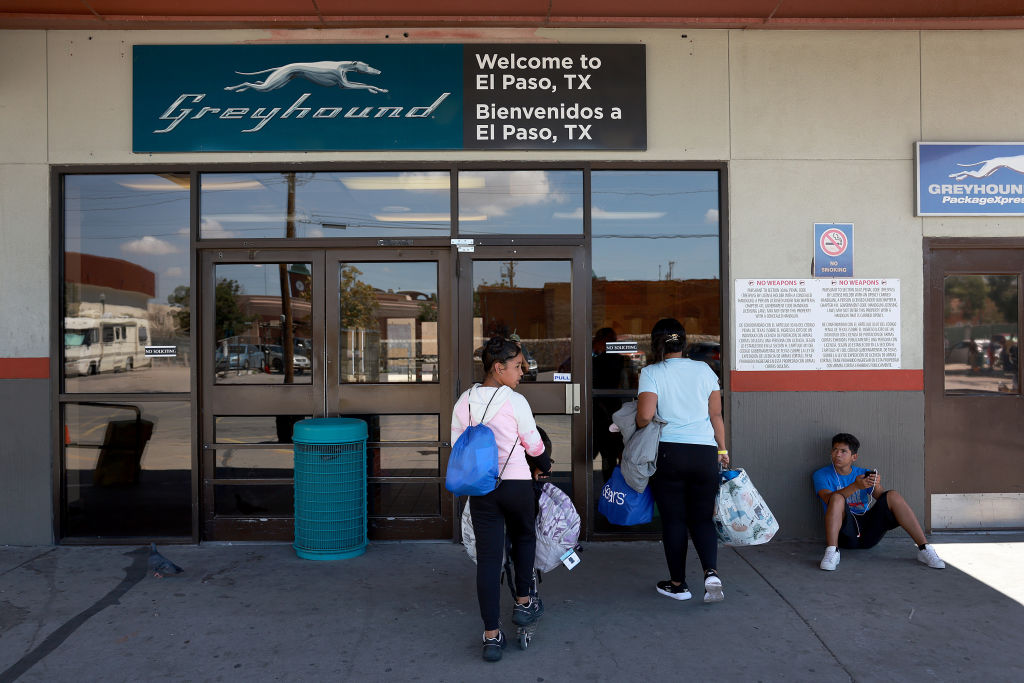As the floods which have devastated homes and caused over 150 deaths recede in the Rhineland, three types of political implications have already emerged.
People are talking about climate change — for the first time during the campaign. Armin Laschet, Merkel’s successor, failed to rise to the occasion when he was caught laughing as the German president Frank-Walter Steinmeier addressed grieving families in the Rhineland. And it also emerged that flood warnings were issued, but were not passed on to the population.
Germany is still in shock, especially because other parts of the country have since flooded. Southeastern Bavaria has now suffered the worst floods ever recorded, with massive destruction of infrastructure. The political fallout will take some time to emerge. But the Greens stand to profit from all three of these developments.
The European flood awareness system issued a warning four days before the catastrophe, and transmitted warnings to the German weather services. In the ensuing days, further information was sent, including correct predictions about where the floods would hit the hardest. But this information was not acted on. One of the developers of the flood alert system spoke of a monumental failure of the German authorities. It looks as though the federal and state authorities could not agree among each other on how to proceed.
There was also a failure of the public broadcasters which did not report on the flood warnings. But these accusations against the state suggest a much deeper malaise in the system. The German weather service passed on the information to the federal and state authorities that deal with natural catastrophes, which is where the information got stuck. Bild newspaper has spoken to a former head of the association of firefighters who has accused the German government of incompetence and gross negligence.
The governments in question are the CDU-led federal government, Laschet’s own government in North-Rhine Westphalia, and the SPD-led Rhineland Palatine, where most of the casualties occurred.
Last week, I pointed out that floods have had a political impact in the past in Germany. So will this flood. But this time, the political incumbents are not the heroes as they were in 2002 and 1962. The reason why voters swung towards the CDU/CSU during the pandemic, and again most recently, was a perception that was party more competent than others during crises.
The scandals surrounding Annalena Baerbock, the Green party’s lead candidate, because of her plagiarism and other misdemeanors has cost the Greens a lot of support, in the order of some eight to 10 percentage points since April. Last week, the Greens started to stabilize, and are now polling at just under 20 percent. It will be interesting to watch the political debate in Germany closely over the next few days, but it would not be surprising if the Greens managed to regain some of the votes they lost. Since it now seems unlikely that Baerbock will end up as chancellor, a vote for the Greens might be perceived by some voters as less risky if they are sympathetic to Green issues, but reject some of the party’s other policies. In view of this catastrophe, an accelerated phase-out of coal, higher CO2 prices and a motorway speed limit don’t sound quite as radical to Germans as they might have done a week ago.
Konrad Schuller in the Frankfurter Allgemeine Zeitung made the point that climate change in the past has always played politically as a hypothetical. What the flood catastrophe has done is turn it into lived reality for millions of voters. It looks as though this flood is going to dominate this election. The Greens may not get back to where they were in April. But from where they are now, they can only gain momentum.
This article was originally published on The Spectator’s UK website.



